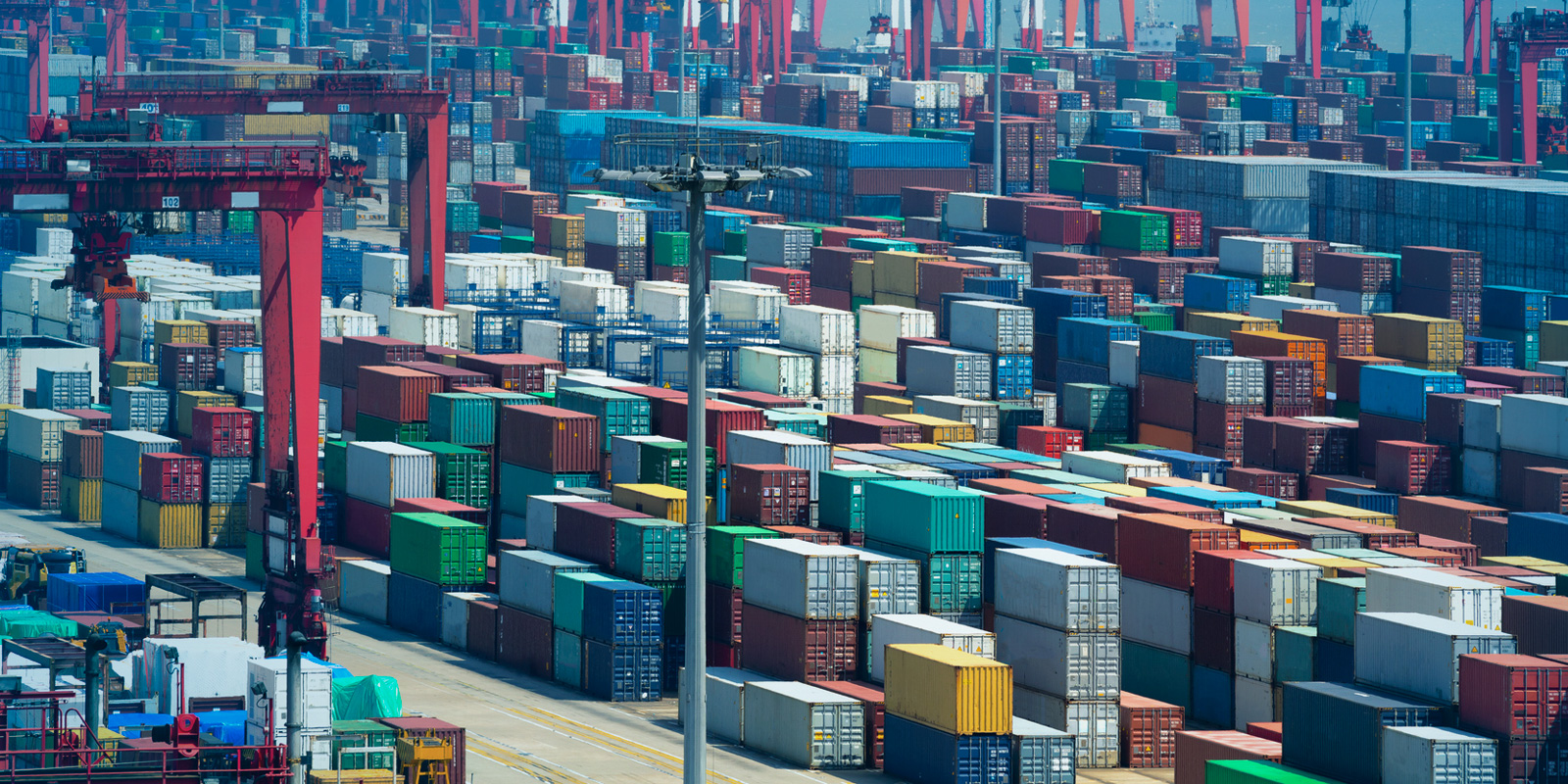
Recent Actions Taken to Address Reports of Labor Trafficking in Xinjiang and Beyond
In Short
The Situation: The United States federal government—including Congress, the Department of Labor, the Department of Homeland Security, and the Department of the Treasury—continues to ramp up efforts to address reports of forced labor in international supply chains, with a particular focus on China's Xinjiang region.
The Result: Existing enforcement mechanisms are being utilized with increasing frequency, and proposed legislation may create new disclosure requirements and sanctions.
Looking Ahead: Companies should expect further developments in this area and continue to consult with counsel to ensure that they are complying with all relevant law.
The United States has continued to ramp up enforcement actions meant to address labor trafficking and forced labor abroad. Recent efforts have focused heavily on reported use of forced labor in China's Xinjiang Uyghur Autonomous Region, though the United States has issued enforcement actions targeted at allegations of forced labor in other countries as well. Action has been taken across numerous sectors of the United States federal government, including legislative action, guidance issued by the Department of Labor, and agency action taken by the Department of Commerce, the Department of Homeland Security and Customs and Border Protection, and the Department of the Treasury.
These recent U.S. government activities carry three main objectives. First, they seek to impose obstacles on the import of goods made using forced labor. Second, they grant authority to restrict the activities of individuals and entities that participate in forced labor. And third, they aim to shine light on this issue by mandating Congressional reports and public disclosures from companies.
On the legislative front, in addition to the Uyghur Human Rights Policy Act, passed with bipartisan support and enacted into law in June 2020, the House of Representatives passed two additional related bills in September 2020, the Uyghur Forced Labor Prevention Act ("UFLPA") and the Uyghur Forced Labor Disclosure Act of 2020 ("UFLDA"). The UFLPA, passed by the House on September 22, 2020, would prohibit certain imports and impose sanctions on those responsible for human rights violations in Xinjiang. The UFLPA would establish a rebuttable presumption that goods manufactured in Xinjiang or under certain government programs in China were made using forced labor and thus ineligible for entry into the United States. It would also create additional authorities allowing the imposition of sanctions on individuals or entities that materially assist or support certain forced labor activities. Further, the UFLPA would require public companies to disclose knowing activities concerning forced labor in the Xinjiang region. The UFLDA was passed by the House on September 30, 2020, and would require issuers of securities to publicly disclose their activities related to the Xinjiang region.
On the administrative front, recent actions by Customs and Border Protection ("CBP") and the Department of Labor ("DOL") have instituted new obstacles intended to restrict import of goods made using forced labor. CBP has continued to issue Withhold Release Orders ("WRO") with increasing frequency. As discussed in our March 2020 White Paper, CBP can issue a WRO to bar the import of goods when it finds information that "reasonably but not conclusively" indicates that the goods have been made with forced labor. Since January 2020, CBP has issued an unprecedented 13 WROs, including nine WROs issued against Chinese entities.
Recently, CBP issued a WRO against a Malaysian company, barring the importation of palm oil and palm oil products. The WRO provides one example of recent allegations of forced labor and abusive practices that have been made about palm oil producers in Indonesia and Malaysia. These producers supply palm oil internationally to numerous industries, including some of the largest cosmetic companies. Women working on these palm oil plantations have alleged dangerous working conditions and severe health problems, which they state stem from exposure to pesticides and lack of proper medical care. Many women working on these plantations have also alleged sexual harassment and assault at the hands of their supervisors.
The DOL's Bureau of International Labor Affairs also recently released its annual list of goods (and their source countries) that it has reason to believe are produced by child labor or forced labor in violation of international standards. As of September 30, 2020, the list included 155 goods from 77 countries. Though the goods included on the list span numerous sectors of the global economy, child labor and forced labor concerns were seen most frequently in agriculture, manufacturing, and mining. The DOL list names 17 goods believed to be produced with forced labor in China, including nine goods originating from Xinjiang.
The U.S. government has also steadily continued to use its power to identify and impose restrictions on entities and individuals it believes are complicit in forced labor and other human rights abuses through the use of its restricted lists. In May and July 2020, the U.S. government added 19 Chinese companies to the Entity List administered by the U.S. Department of Commerce. Persons anywhere in the world are prohibited from exporting, reexporting, or transferring items subject to U.S. export controls to entities designated on the Entity List. The Department of the Treasury's Office of Foreign Assets Control ("OFAC") added the Xinjiang Public Security Bureau and four former or current government officials to its Specially Designated Nationals and Blocked Persons List ("SDN List") on July 9, 2020 under the Global Magnitsky Sanctions programs for activities in connection with human rights abuses in Xinjiang. On July 31, 2020, OFAC added the Xinjiang Production and Construction Corps ("XPCC"), as well as two current or former government officials, to the SDN List. Inclusion on the SDN List carries harsh consequences. U.S. persons are generally prohibited from entering into transactions with individuals or entities on the SDN List. Further, property and property interests within the jurisdiction of the United States held by those on the SDN List is blocked.
The Department of Homeland Security has also amplified its efforts to combat human trafficking by launching the DHS Center for Countering Human Trafficking, the United States' "first-ever integrated law enforcement operations center directly supporting federal criminal investigations, victim assistance efforts, intelligence analysis, and outreach and training activities related to human trafficking and forced labor." The center is staffed with law enforcement officials, as well as subject matter experts and support staff, and will focus on the "4 Ps"—"prevention, protection, prosecution and partnerships."
This update supplements White Papers published by Jones Day in 2018, 2019, and 2020, which address developments in legislative action and litigation pertaining to forced labor in corporate supply chains, as well as publications by Jones Day in March and October of this year addressing actions taken by CBP to prevent the importation of goods deemed to be produced using forced labor.
Two Key Takeaways
- Companies should closely follow developments and anticipate additional restrictions relating to labor trafficking and forced labor, and expect that existing enforcement mechanisms will continue to be used with increased frequency.
- Companies should consider assessing their supply chains and compliance programs in consultation with auditors and legal counsel.








